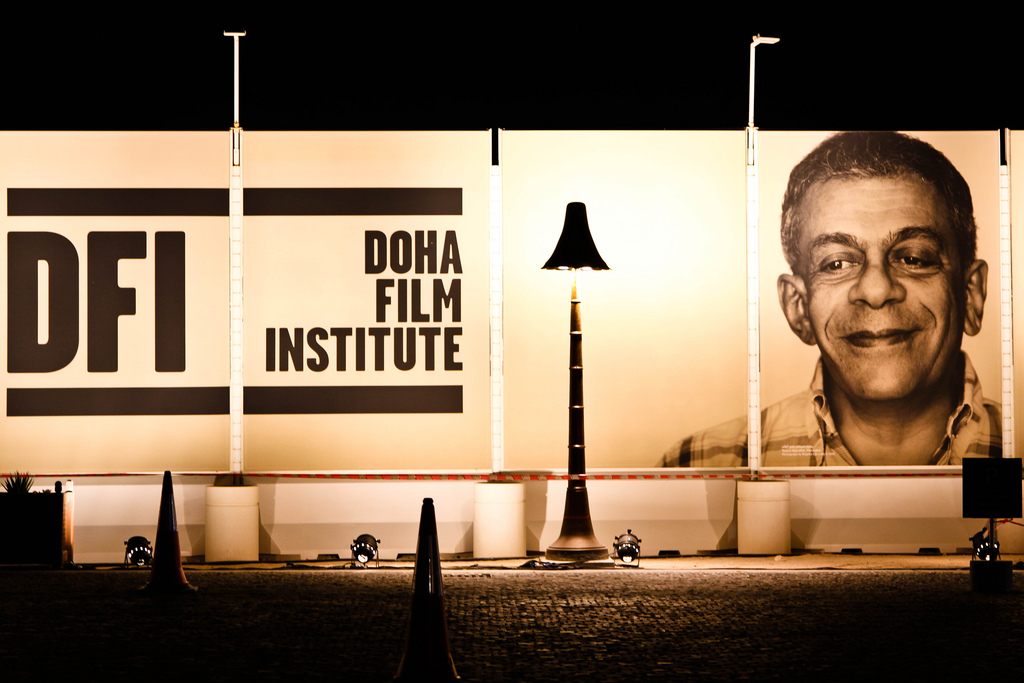The Locarno International Film Festival (Festival del film Locarno) has announced the list of films participating in the official shows (in and out the contest), which included two Egyptian movies and three others produced with Qatari funding.
The two Egyptian films are “Water, Greenery, and Beautiful Face” directed by Yousri Nasrallah, who gathered a number of important Egyptian actors like Laila Elwi, Menna Shalabi, Bassam Samra, and Ahmad Daod, will be screened in the international competition that includes 17 movies from Greece, Portugal, Poland, Germany, Switzerland, Austria, Italy, and other countries.
The second Egyptian movie is “Dry Green” directed by Mohammad Hammad who participates in another competition – “Directors of the Present” (which is interested in directors’ talents of both movies). The second movies features actors like Hiba Ali, Asmaa Fawzi, Ahmad Hammad, and others.
The festival also includes three non-Arab movies funded by Qatar, which apparently seeks to enter the core of the international cinema, aiming to enjoy a special artistic reputation.
*Distinguished Year
The world is changing. Arab movies used to stay behind the commercial screens, yet this year four Egyptian directors were allowed to participate in the shows of four international film festivals.
Yousri Nasrallah is the most experienced in this field and his previous films have been showed in international festivals like Cannes, Phoenicia, and Locarno. Although the Gold Award remains an unfulfilled dream till this date, the director made a remarkable presence in the Arab and international cinema zones that remind us of Youssef Chahine during the eighties and nineties.
Other new directors are Tamer Saeed who introduced the “Last Days of City” movie in Berlin Festival in the beginning of 2016, followed by Mohammad Diab and his movie “Clash” screened in Cannes in 2015.
This is not the first time Egyptian cinema participates in international festivals. It has shared lights with the Lebanese cinema in Cannes Festival in the fifties.
Festivals of Phoenicia and Toronto will certainly include Egyptian and Arab participation, which will distinguish Arab cinema this year.
As for the Gulf cinema, the initiatives remain individual and few. The Berlin Film Festival featured a movie for the Saudi director Mahmoud al-Sabbagh “Blessing versus Blessing”, which achieved a remarkable success. Saudi Mohammad Slaman also unveiled his short movie “Qari” in Palm Springs Festival, where it received good reviews.
However, individual trends don’t ensure success. The Doha Film Institute’s efforts through its financial arm are achieving a remarkable success for the country in the past few years. According to estimations, the institution contributes to around 40 movies per year with different success rates. Two third of these movies are Arabic (the UAE has the same contribution through its institutions in Dubai and Abu Dhabi), yet foreign funding is rapidly growing.
